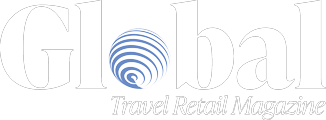Duty Free Philippines privatization possible, says government official
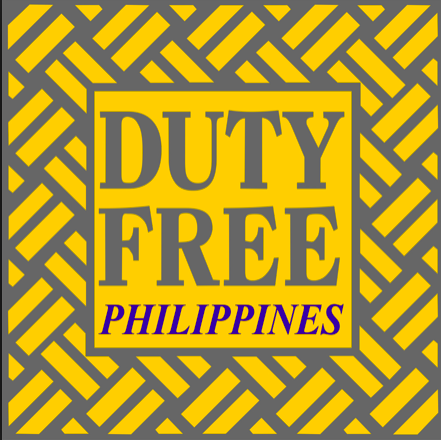
The Department of Tourism (DOT) in the Philippines is eyeing the privatization of the Duty Free Philippines Corp (DFPC) despite the latter’s profits being a source of funds for government’s tourism promotion programs.
In an interview with the Philippines-based Business Mirror published on September 5, 2019, Tourism Secretary Bernadette Romulo Puyat said she had secured the Department of Finance’s backing in the plans to let go of DFPC.
“We’re studying the possibility of privatizing Duty Free. I’ve spoken with Finance Secretary [Carlos G.] Dominguez, and he told me to go ahead [and privatize it].”
Although initially set up as a private corporation under the Marcos administration in 1977, Duty Free Philippines came under government control in 1986, and was overseen by the Philippine Tourism Authority, a unit of the DOT. It was reorganized into a government-owned and controlled corporation when Republic Act 9353, or the Tourism Act of 2009, was signed into law.
Another law may also be needed to amend RA 9353 to allow DFPC’s privatization, the newspaper said.
DFPC’s board of directors is chaired by the DOT Secretary, although some of its board members come from private tourism enterprises.
Under the law, 75% of the 50% net income of the DFPC is remitted to the Tourism Promotions Fund that can be tapped by the Tourism Promotions Board for its marketing and promotions. The Tourism Promotions Board is the marketing arm of the DFPC.
The number of concessionaires at the DFPC retail stores will be expanded, Romulo Puyat told the newspaper. “There’s no law that prevents us from increasing the number of concessionaires at Duty Free [Philippines],” she was quoted as saying.
DFPC’s concessionaires include the Regent Travel Retail Group/Landmark Management Services (fashion and beauty brands), Eastern Duty Free (confectionery and food), and Colombo Management Hong Kong (wines and spirits).
She also noted that the income of DFPC increased last year, attributing this partially to higher sales from Filipino consumer goods. “They [DFPC] also saw that Philippine-made goods are selling well, such that they will increase the spaces and offerings for these products,” she said.
Last year, the DOT chief gave instructions for more Filipino products to be sold at the DFPC. “Tourists don’t go to Duty Free [Philippines] to buy imported items. They usually buy items produced in the destination they visit,” she said.
Some 30% of DFPC’s sales are accounted for by Filipinos returning from business trips and holidays abroad, balikbayans and overseas Filipino workers.
The government firm is targeting sales to reach US$220 million this year, 1.4% higher from its sales last year.
DFPC earned a profit of P325.63 million (US$6.3 million) in 2018, based on its unaudited financial statement posted on its website. This was up 80% from the amount earned at the end of the 2017.
DFPC is hoping the opening of its Luxe retail store at the Mall of Asia area in Pasay City will boost its sales. The store primarily targets Chinese tourists, the second top market for the Philippines.
In the first half of the year, tourists from China grew by 34.1% to 866,561, accounting for 21% of the total 4.1 million arrivals for the period, Business Mirror reported.
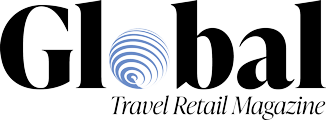

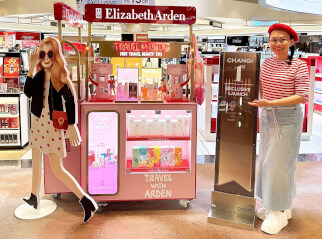
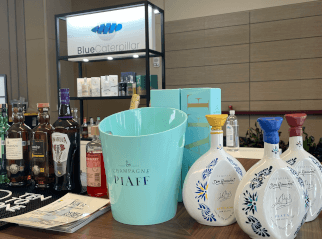

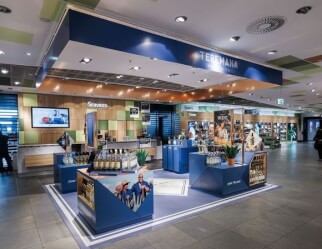
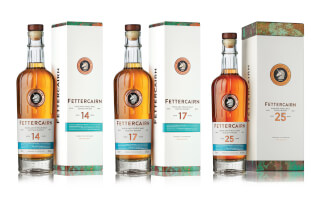
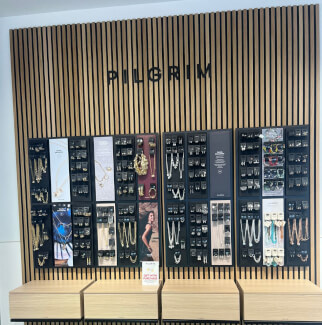
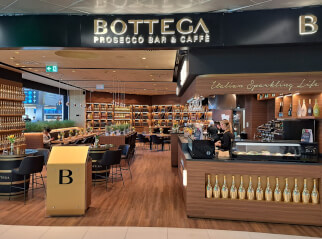
.jpg?&resize.width=322&resize.height=483)
